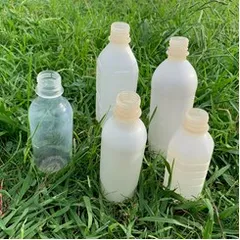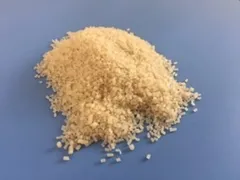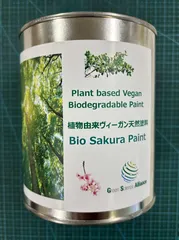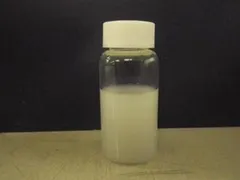Green Science Alliance establishes exhibition space for plant- and biomass-derived biodegradable resin materials and Established an exhibition space for plant- and biomass-derived biodegradable plastic materials and products
Replace every petroleum-based product in the world with products derived from plants and biomass
GSアライアンス株式会社
Green Science Alliance, Inc., a company that researches and develops cutting-edge technologies in the environmental and energy fields for building a decarbonized, carbon neutral, and sustainable society, has established a space on February 21, 2025 to exhibit various plant- and biomass-based biodegradable resins, plastics, and other materials and products developed by the company with the goal of replacing all materials, products, and chemical products made from oil and fossil fuels with those derived from plants and biomass. With the goal of replacing all materials, products, and chemicals made from petroleum and fossil fuels with those derived from plants and biomass, GS Alliance, Inc.

Desks, counter tables, lamp covers, indirect lighting, floor flooring, etc. made with 3D printers using plant-derived biodegradable resins as materials
Environmental problems such as global warming, environmental pollution, and deforestation caused by the population explosion are serious issues, and plastic pollution is reaching catastrophic levels that are destroying the ecosystem. Nanoplastics are already entering our bodies through the atmosphere, and there are concerns about their negative effects on our health. Nanoplastics are microscopic particles of plastic formed by the natural decomposition and denaturation of plastics left in the environment. Many of these plastics are said to enter our bodies through ingestion and breathing. Recently, it has been pointed out that these nanoplastics may increase the risk of heart attacks and strokes, cause inflammatory reactions in the digestive system, and adversely affect the immune response.
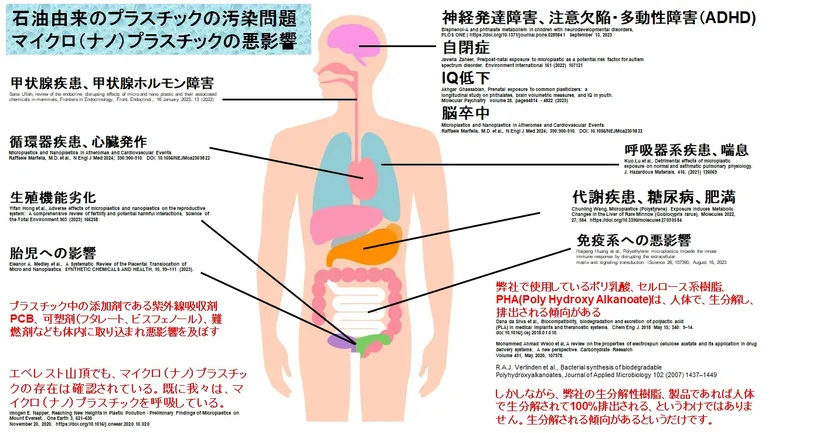
Health Risks to the Human Body from Nanoplastics and Other Plastic Contaminants
Biodegradable plastics, on the other hand, are materials that biodegrade and return to the soil and other natural environments after use and disposal, and are one potential solution to this plastic contamination problem. Although more rigorous testing is needed to determine which biodegradable plastics are biodegradable under composting conditions, in soil, fresh water, seawater, and in the human body, lactic acid-based and lactone-based biodegradable plastics used in medical applications are the types of biodegradable plastics already in use in the human body. When biodegradable plastics are made from plants, they absorb CO2 from the atmosphere, so CO2 is being recycled, and they can be said to be carbon-neutral materials that emit less CO2 than petroleum-based plastics.
One of Green Science Alliance's major goals is to replace all products and chemicals made from petroleum in the world with those derived from plants and biomass, as explained in an academic paper written by Ryohei Mori, the company's president. The paper was also featured on the cover of the Royal Society of Chemistry's scientific journal (RSC Sustainability) in the UK.
Replacing all petroleum-based chemical products with natural biomass-based chemical products: a tutorial review - RSC Sustainability (RSC Publishing)
We have specifically developed the products described in this paper over the past few years. We have set up a space to display these various plant- and natural biomass-based resins and biodegradable plastic materials and products.

3D printed bench and wall shelf made from plant-derived biodegradable resin
Plant-derived products are listed below.
1. raw materials, resin pellets
2. cutlery such as spoons and forks, tableware such as plates and cups, bottles
3. ballpoint pens
4. paints and coating materials
5. bags
6. agricultural mulch film, mulch keepers
7. nail cosmetics such as nail tips, gel nails, nail polish, nail polish, nail polish remover, thinning solution, etc. (Containers for nail polish, nail polish and gel nails are also made of plant-derived materials)
8. adhesives
9. plasticizers, lubricants, cutting materials for metals
10. industrial detergents
11. biochar, bamboo charcoal
12. furniture such as desks, benches, flooring made by 3D printers
13. quantum dot nano-fertilizers, quantum dot antibacterial agents
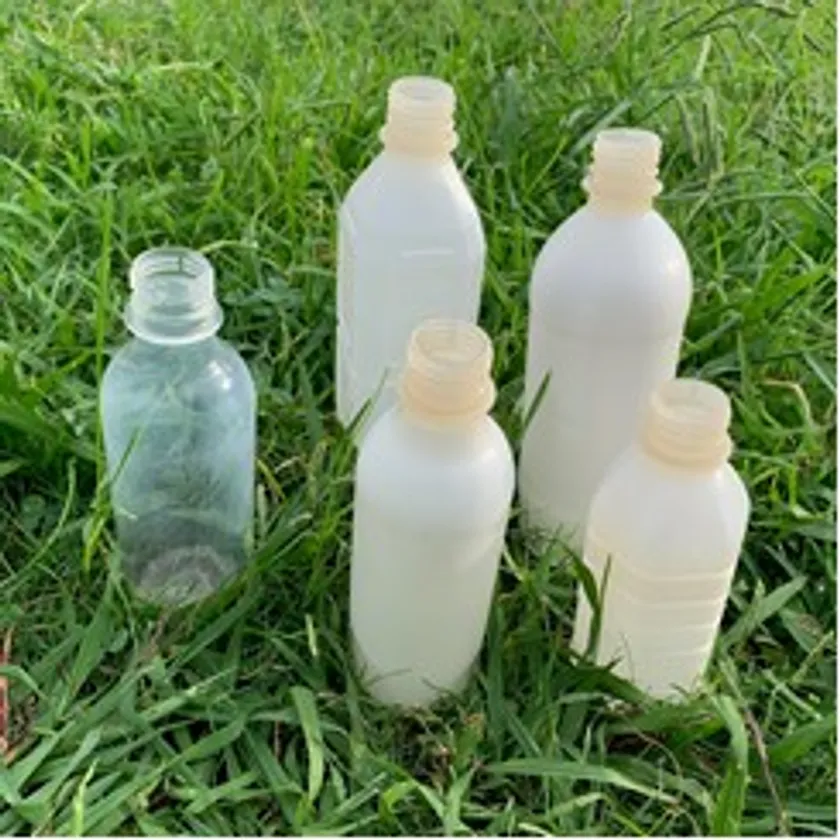
Bottles made of 100% plant-derived biodegradable resin

Nail tips made of plant-derived biodegradable resin and designed nails decorated with commercial nail polish
All of these products are derived from plants, natural biomass, and some are biodegradable. In addition to biodegradable plastics and resins, we also use organic wastes such as waste wood, paper, plants, and seaweed residues as raw materials and composite materials to make a variety of products. Some of these products are made from 100% plant-derived materials, but some are made from petroleum because the mechanical strength and heat resistance of some of these products are too poor. We aim to reduce the use of petroleum as much as possible. In addition, there are products that still need to be improved in terms of product performance.
These products are sold online under the registered trademarks Bio Sakura and Re:soil.
https://www.nano-sakura-shop.com/
https://www.nano-sakura-shop.com/shop
We have created an exhibition space in Setagaya-ku, Tokyo, to show various people that various environmentally friendly materials and products can be made from plants, natural biomass, wood, and other organic resources without using petroleum or fossil fuels as raw materials. It is located at 1-25-5 Miyasaka, Setagaya-ku, Tokyo 156-0051.
We plan to develop more plant- and biomass-derived products in the future.
Company Profile
Company name: Green Science Alliance, Inc.
Representative: Dr. Ryohei Mori, President (Engineering)
Head Office: 2-22-11 Kohana, Kawanishi City, Hyogo Prefecture, 666-0015, Japan
Business : Carbon neutral, decarbonization, environment to tackle SDGs issues,
Research and development of cutting-edge technologies in the environmental and energy fields that address carbon neutrality, decarbonization, and SDGs issues.
- Category:
- Corporate Trends





